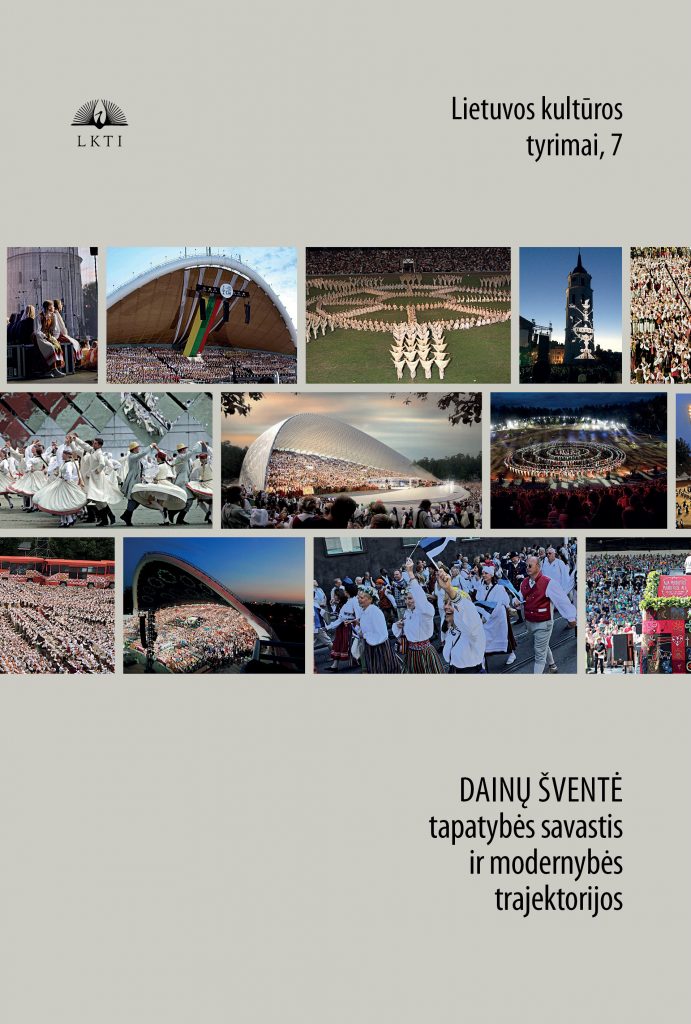
Song Festival: Identities, National Content, and Trajectories of Modernity
The national Song and Dance Celebration is not a lost time space. Dating back in the third decade of the 20th century in Lithuania the celebration has become the priority of national culture, the moral mobilizing power, the source of modernity, the demonstration of communal unity in our culture as well as in other Baltic States – Latvia and Estonia. The rituals of political identity, specific to each culture, are now gaining increased research attention within interdisciplinary studies as the cultural phenomena that have overcome historical obstacles.
National liberation movements that at the turn of the 19th and 20th centuries encouraged song and dance celebrations are related to the attempt to get out of colonialism, to develop national states and cultures, to shape national identity, as well as to the establishment of choral societies, the promotion of choral singing as culturally unifying event. Today fostering the identity of the 21st century, gains in importance the spread of the new forms of awareness and creative continuation of traditions that are an integral part of our heritage.
Authors: Vytautas Rubavičius, Stanislovas Juknevičius, Rein Veidemann, Rita Repšienė, Aida Savicka, Odeta Žukauskienė, Valdis Muktupāvels/Rūta Muktupāvela, Juozas Girnius
Year: 2015